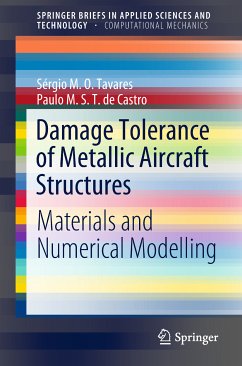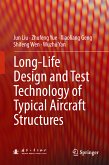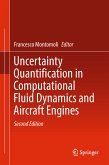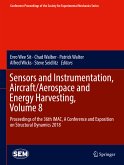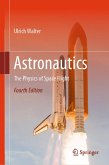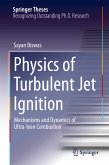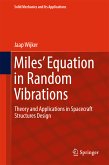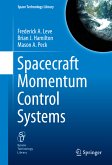The application of the damage tolerance approach requires extensive know-how of the fatigue and fracture properties, corrosion strength, potential failure modes and non-destructive inspection techniques, particularly minimum detectable defect and inspection intervals. In parallel, engineering practice involving damage tolerance requires numerical techniques for stress analysis of cracked structures. These evolved from basic mode I evaluations using rough finite element approaches, to current 3D modeling based on energetic approaches as the VCCT, or simulation of joining processes. This book provides a concise introduction to this subject.
Dieser Download kann aus rechtlichen Gründen nur mit Rechnungsadresse in A, B, BG, CY, CZ, D, DK, EW, E, FIN, F, GR, HR, H, IRL, I, LT, L, LR, M, NL, PL, P, R, S, SLO, SK ausgeliefert werden.

